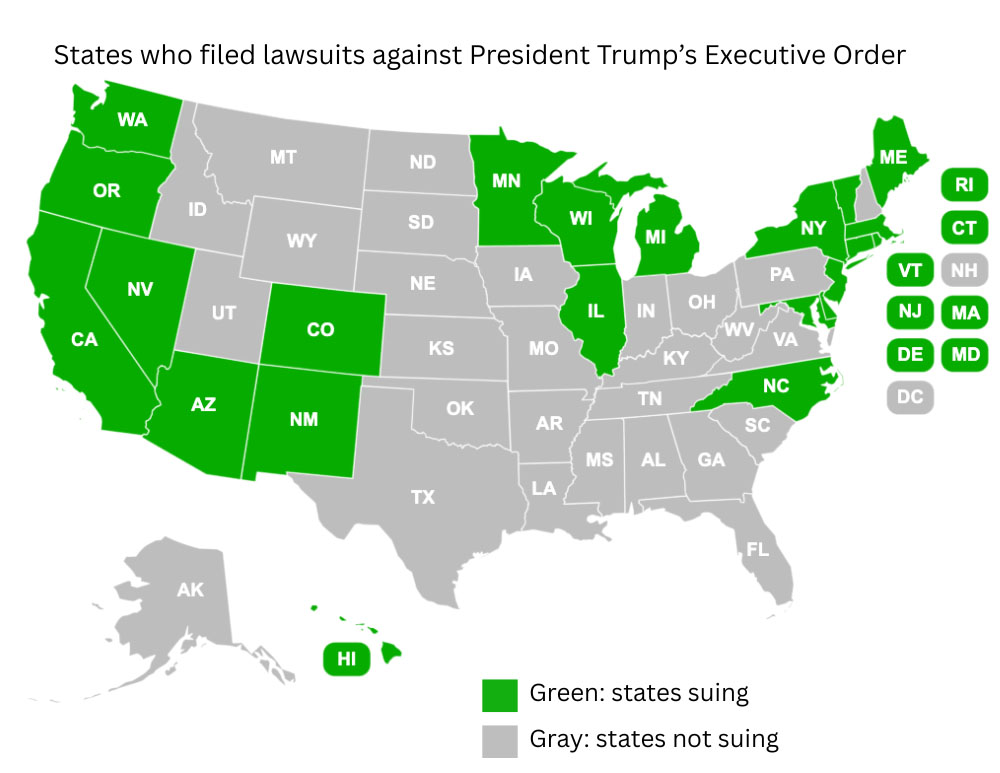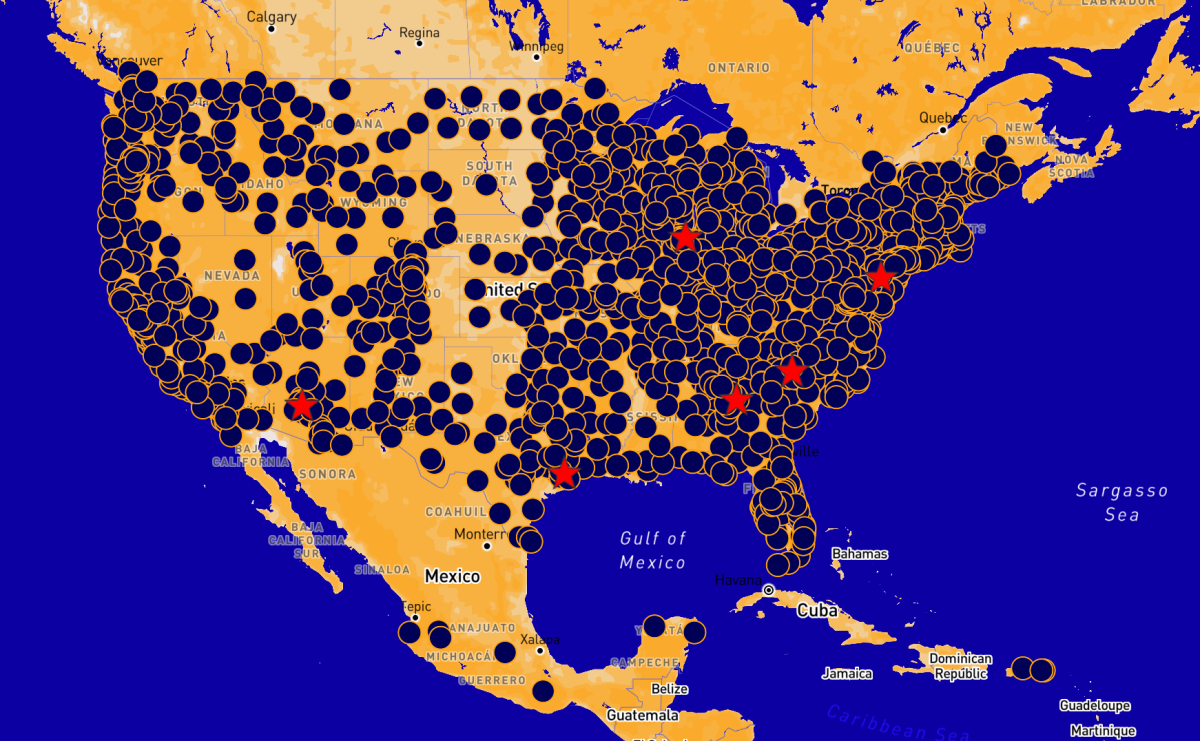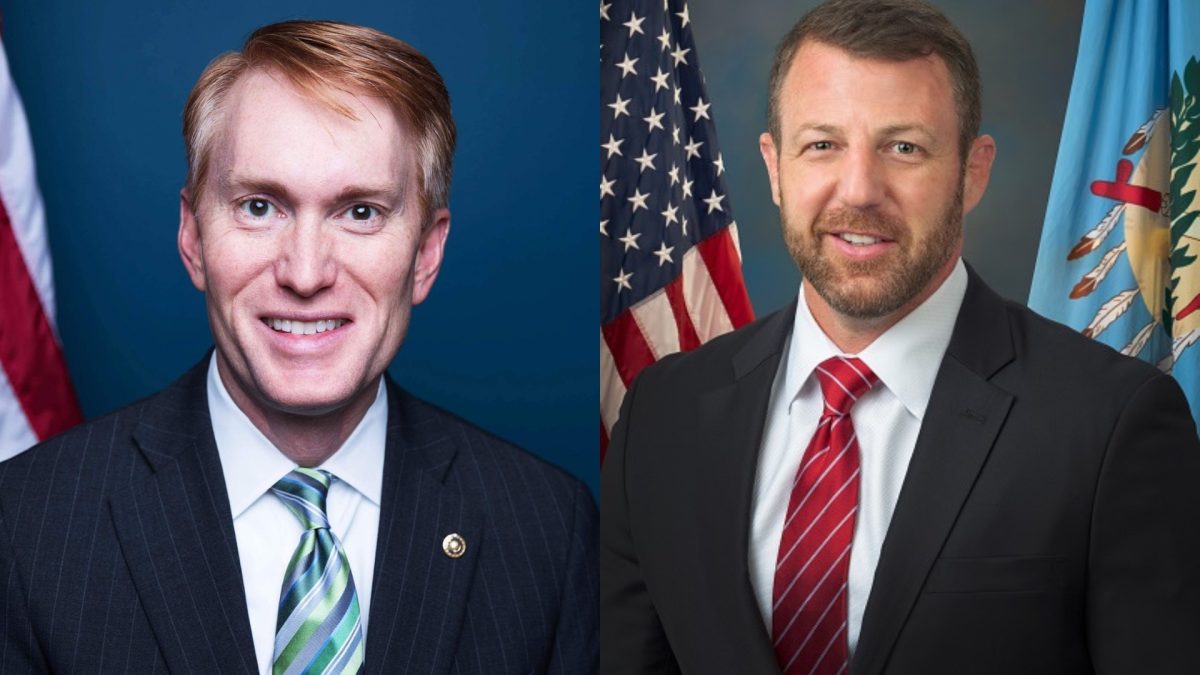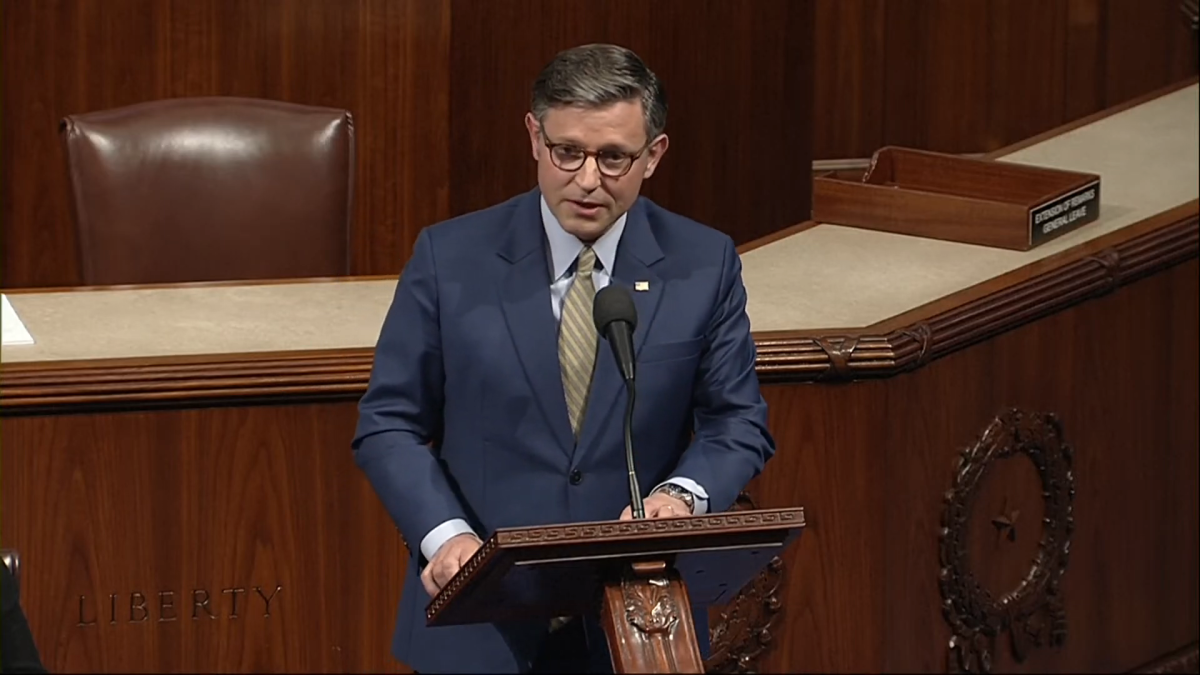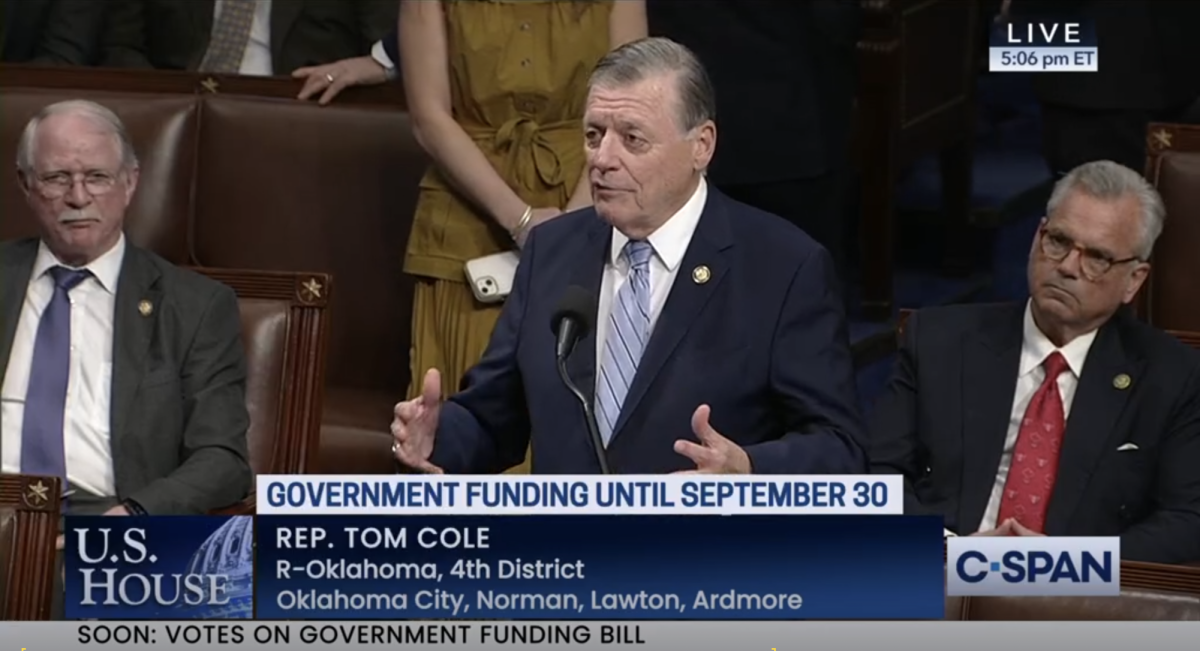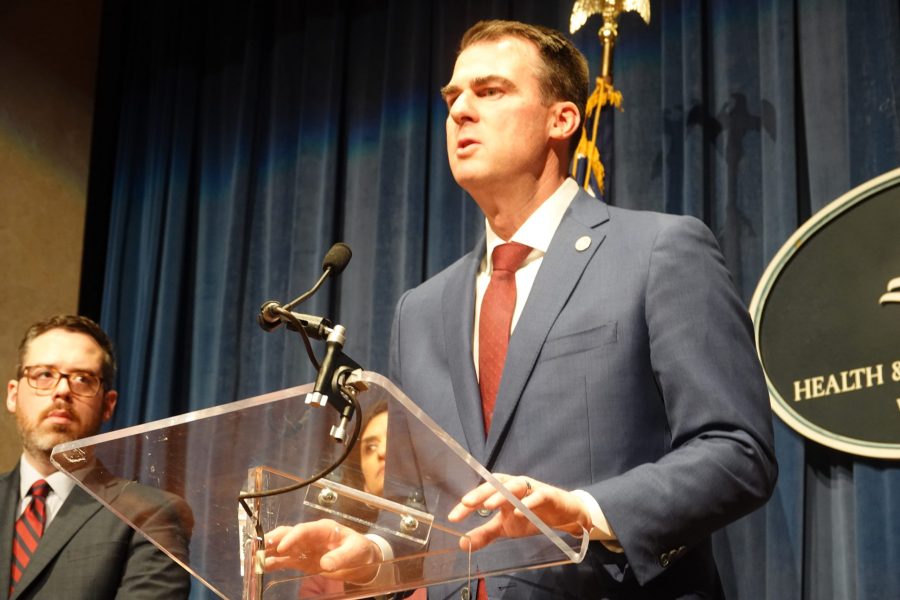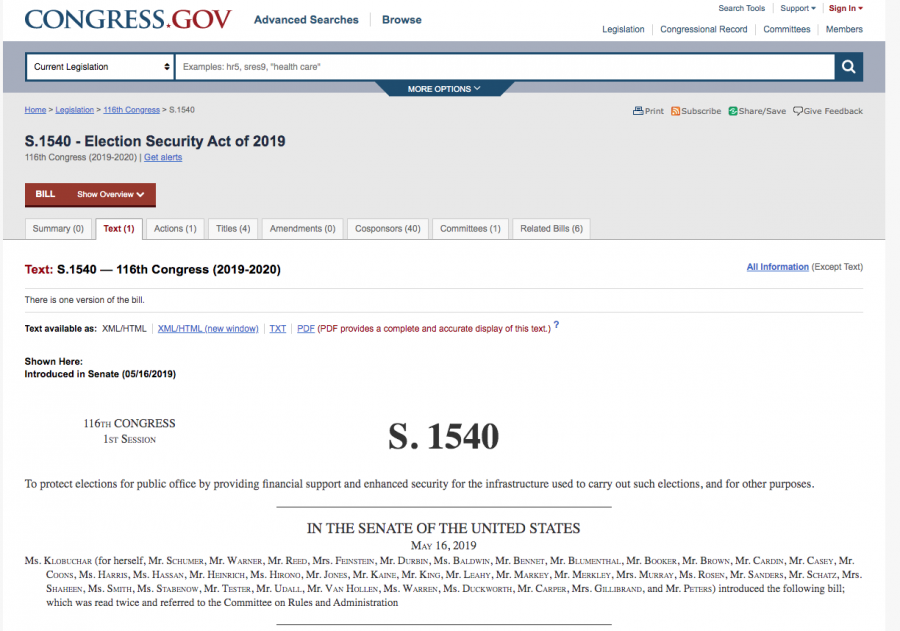WASHINGTON — Oklahoma’s delegation was split on Thursday’s votes for a $333 billion spending package that includes funding for a physical barrier along the U.S.-Mexico border and would avoid another government shutdown.
Sen. Jim Inhofe (R-Okla.), who was one of 16 senators to vote no on the bill, said the amount of money allocated for a physical barrier “wasn’t near enough.”

“We need to seriously strengthen our border security to block the smuggling of illegal drugs and people,” Inhofe said in a statement. “Real reforms must be made to our immigration process. This bill falls short of that goal. Instead of a real investment in the wall, it gives the President less than the original budget request and far less than Customs and Border Patrol agents say we need.”
Sen. James Lankford (R-Okla.), however, voted yes on the bill, which includes $1.375 billion for 55 miles of physical barrier along the U.S.-Mexico border. This is less than the $5.7 billion President Donald Trump had originally asked for and shut the federal government down over back in December.
“You’re dealing with 55 miles, it’s going to be tough to build more than that in seven months anyway,” Lankford said. “People lose track that this is a seven month funding bill, so they’ll have to reload on this in the months ahead.”
The bill, the Consolidated Appropriations Act, 2019, combines seven appropriations bills and funds the government through the end of the fiscal year, Sept. 30, 2019. The Senate voted 83-16 in favor of the bill.
The House sent the measure to Trump voting 300-128 in favor of the measure on Thursday night.
Reps. Tom Cole (R-Okla.), Kendra Horn (D-Okla.) and Frank Lucas (R-Okla.) voted in favor of the bill, while Reps. Kevin Hern (R-Okla.) and Markwayne Mullin (R-Okla.) voted against it.
In a debate on the floor of the House of Representatives prior to the vote on the bill, Cole said it isn’t possible for anyone to get everything they want in negotiations over appropriations bills.
“We will have lots of Democrats and lots of Republicans voting on the same side,” Cole said on the floor of the House. “And yes, we have our differences about how we got here or what we would have liked, but, at at the end of the day, we’ve come together and given the American people what they deserve and that is a fully funded, operational government.”
Horn echoed Cole’s message of compromise after the vote. She said the compromise isn’t exciting because everyone gets what they want but because they are doing what needs to be done.

“I have not changed, nor will I change my position that I think shutdowns are never a strategy we should be using. It is something that doesn’t work and places the burden on people — the people in our workforce, our federal employees and contractors who are doing their best to serve the public,” Horn said.
Lucas was also pleased with the appropriations package, saying in a statement he was happy with the funding for a physical barrier and the support for U.S. Immigration and Customs Enforcement.
“In addition to addressing the needs at our Southern border, the United States Department of Agriculture will also receive the full funding it needs in order to bring continued support for Oklahoma’s farmers and ranchers,” Lucas said in a statement.
Before the vote, Senate Majority Leader Mitch McConnell told his colleagues that Trump intends to sign the bill, but will also be declaring a national emergency — something McConnell said he will support.
Lankford did not indicate his position on Trump’s decision to declare a national emergency, saying he wanted to know what the president’s declaration would entail.
Inhofe said he always suspected Trump would declare a national emergency to secure border wall funding, and in a statement he said he believed the president was left with no other choice.
“If that’s what it takes to do. I just don’t want it coming out of defense,” Inhofe said when asked if he supported the president’s decision.
Many Senate Republicans have been critical of Trump’s decision to declare a national emergency, though. Sen. Marco Rubio (R-Fla.) told reporters he didn’t think it was a good idea while Sen. Susan Collins (R-Maine) told reporters she thought it was a mistake. Sen. Pat Toomey (R-Pa.) told reporters this matter would be better solved through the legislative process.
Horn said the bill begins to address national security and border security and that they need to continue to be addressed, but she said caution should be used in declaring national emergencies.
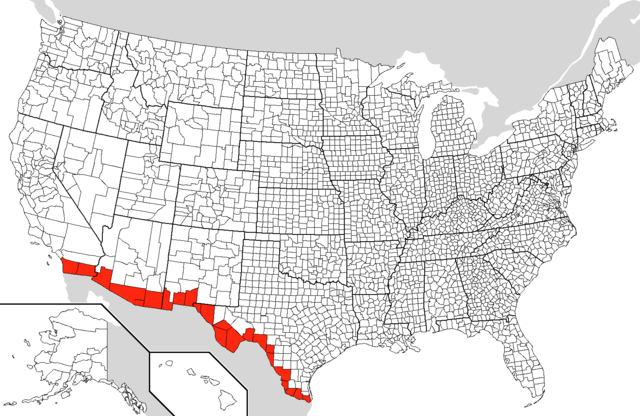
“I think we need to be very careful — regardless of who’s in power, and this is not about a Republican or a Democratic president, I don’t care who’s in charge — about what we use those emergency powers for,” Horn said. “Because you can set a very dangerous precedent if we’re not very intentional about that.”
In addition to Homeland Security funding — which includes appropriations for U.S. Immigration and Customs Enforcement, U.S. Customs and Border Protection, the Transportation Security Administration and more in addition to the barrier funding — the bill also includes appropriations to fund several agencies, including the U.S. Department of Agriculture and the U.S. Department of Interior.
Passage of this bill will prevent another government shutdown from going into effect at midnight on Friday.

